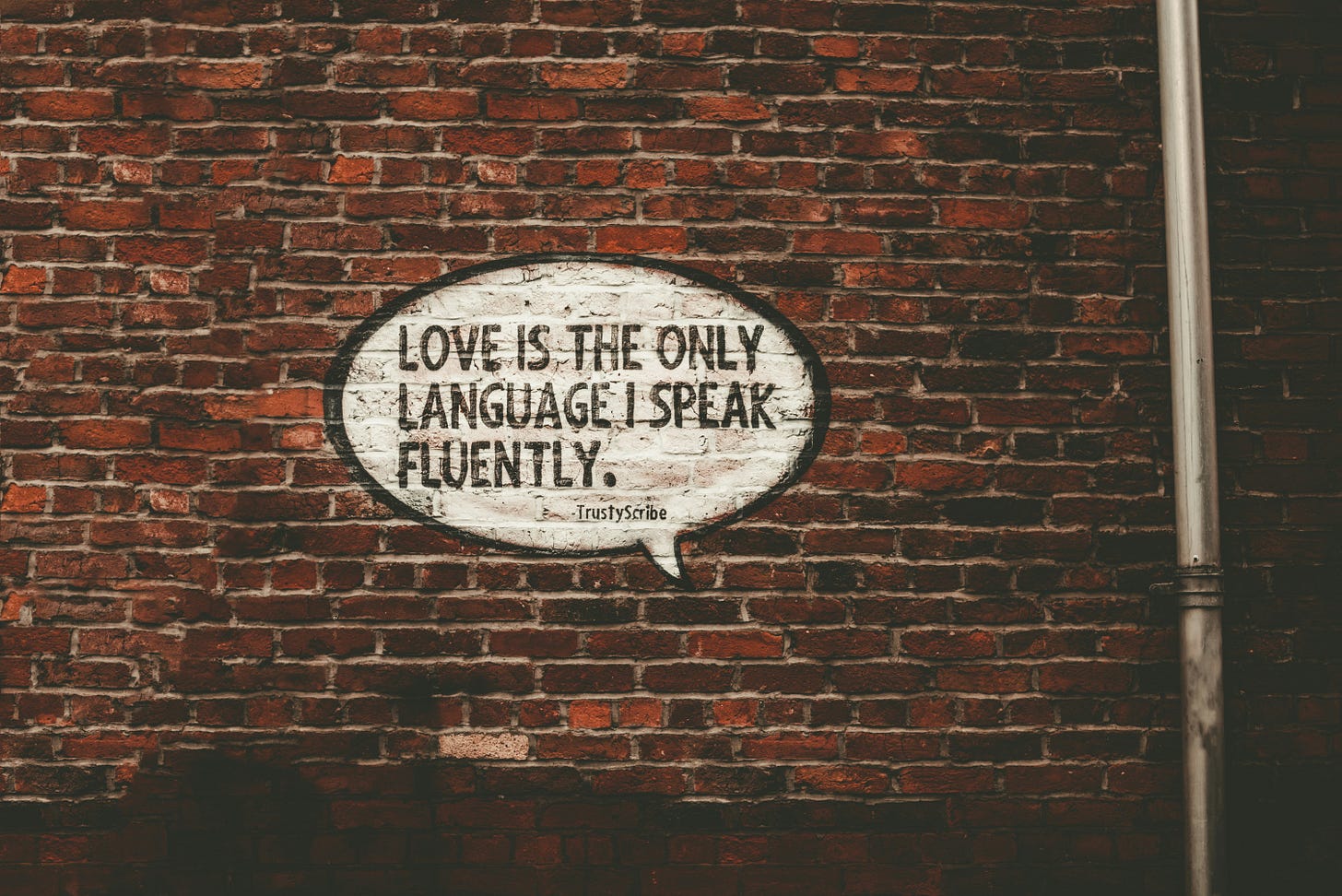Words have power. As a writer, I spend my days carefully choosing the perfect word to convey meaning, an image or a feeling. And yet, when it comes to choosing the right words to say, I often fall short.
Lately, when speaking to my parents, I’ve become increasingly aware of a word I overuse — that word is ‘should’.
’You should wear your hearing aids,’ I say when my dad has the television on full blast.
’You should make that doctor’s appointment sooner rather than later,’
I tell Mum when she complains of back pain.
These pronouncements trip easily off my tongue and have become so habitual that I barely notice how casually I give my opinion about the right choice or correct course of action. Sometimes, I rewind whole sentences and trains of thought, trying to unravel my mistakes.
Have you found yourself in a similar situation?
While thinking about how I got here and how I can break the habit, I noticed that I often frame whatever is on my to-do list as something I should do. I realise now just how destructive the word is.
Making suggestions about what others should do strains relationships — nobody wants to feel judged or controlled, least of all those we love.
And telling ourselves what we should do robs us of motivation. Reminders about what we haven’t yet achieved trigger judgment, give rise to feelings of guilt and limit our sense of possibility.
’Should’ focuses the mind on past missteps or the distant horizons of an imagined future. The pressure of ‘should’ stops us from being present and stifles our creativity.
There are many more empowering words we can use that flip the switch from guilt to agency. Saying ‘I could’, ‘I will’ and ‘I want to’ reframes commitments as choices.
When I say, ‘I will work on my manuscript today,’ it changes how I show up to the page – now it’s a choice, not a chore.
Intentionally choosing words that give us and others grace and agency is a worthy goal.




So so so true. I stopped saying 'should' back in 2008, before kids anyway. It's on a blacklist. Maybe this is a reason I've no (time for thinking about) regrets.
You write about it so beautifully.
I do love to suggest or interupt with 'could' whenever someone says they should do something and I can sense they it's grating. They often repeat the sentence with 'could' and it feels sooooo much better to them and me listening.
I dont feel any regret when I think back with could. I mean, I could have climbed Denali (a mountain Alaska), but didn't.
A beautiful reminder, Bernadette. I find the ‘shoulds’ come more and more insistent where we feel responsible but also that we lack agency. Our ‘shouldee’ can be influenced but not controlled. No wonder ageing parents, children and creativity are so often the targets of should.